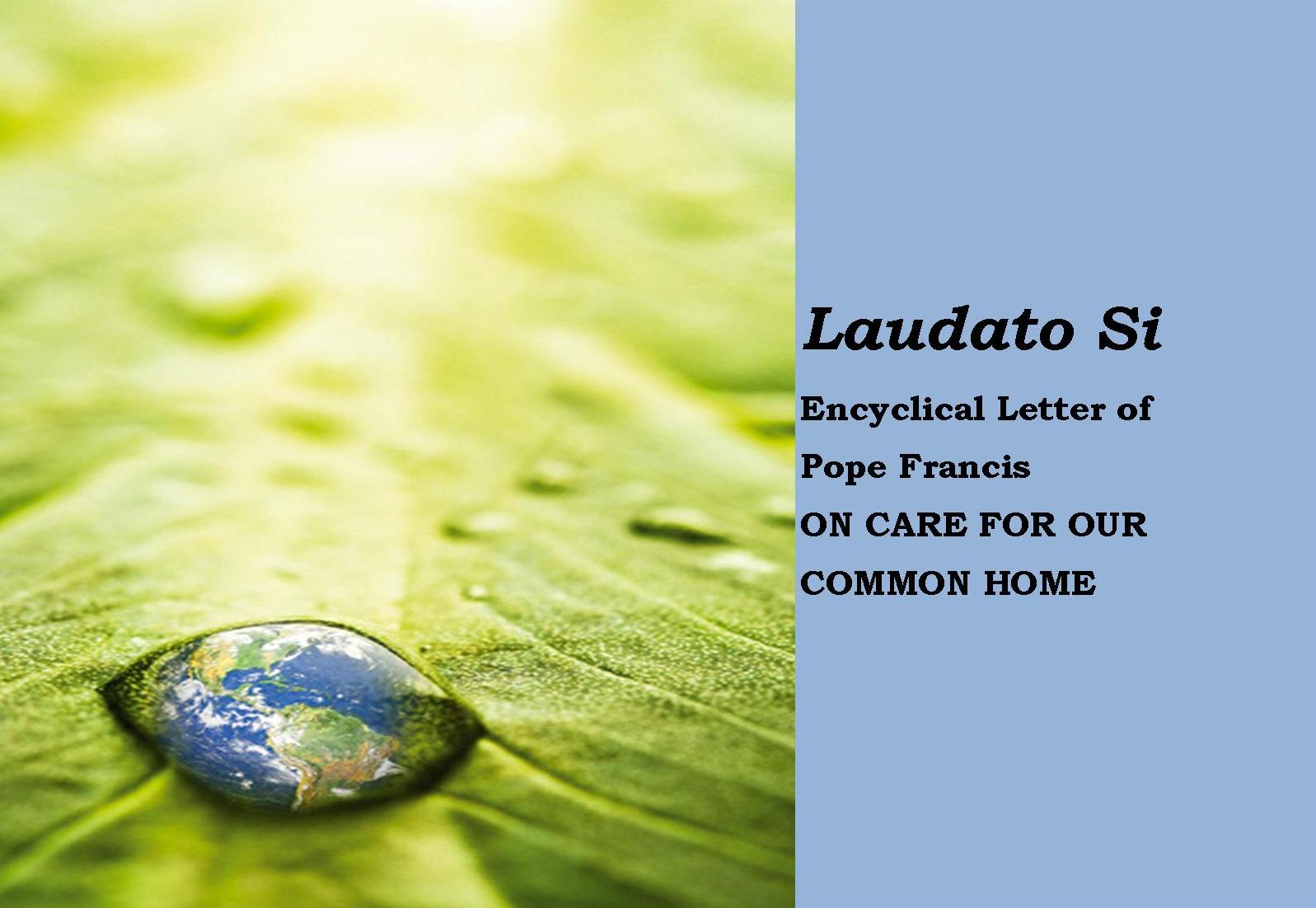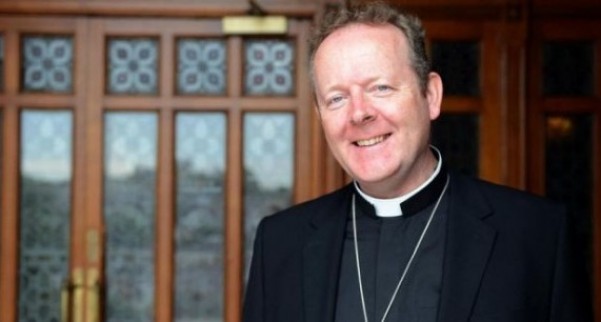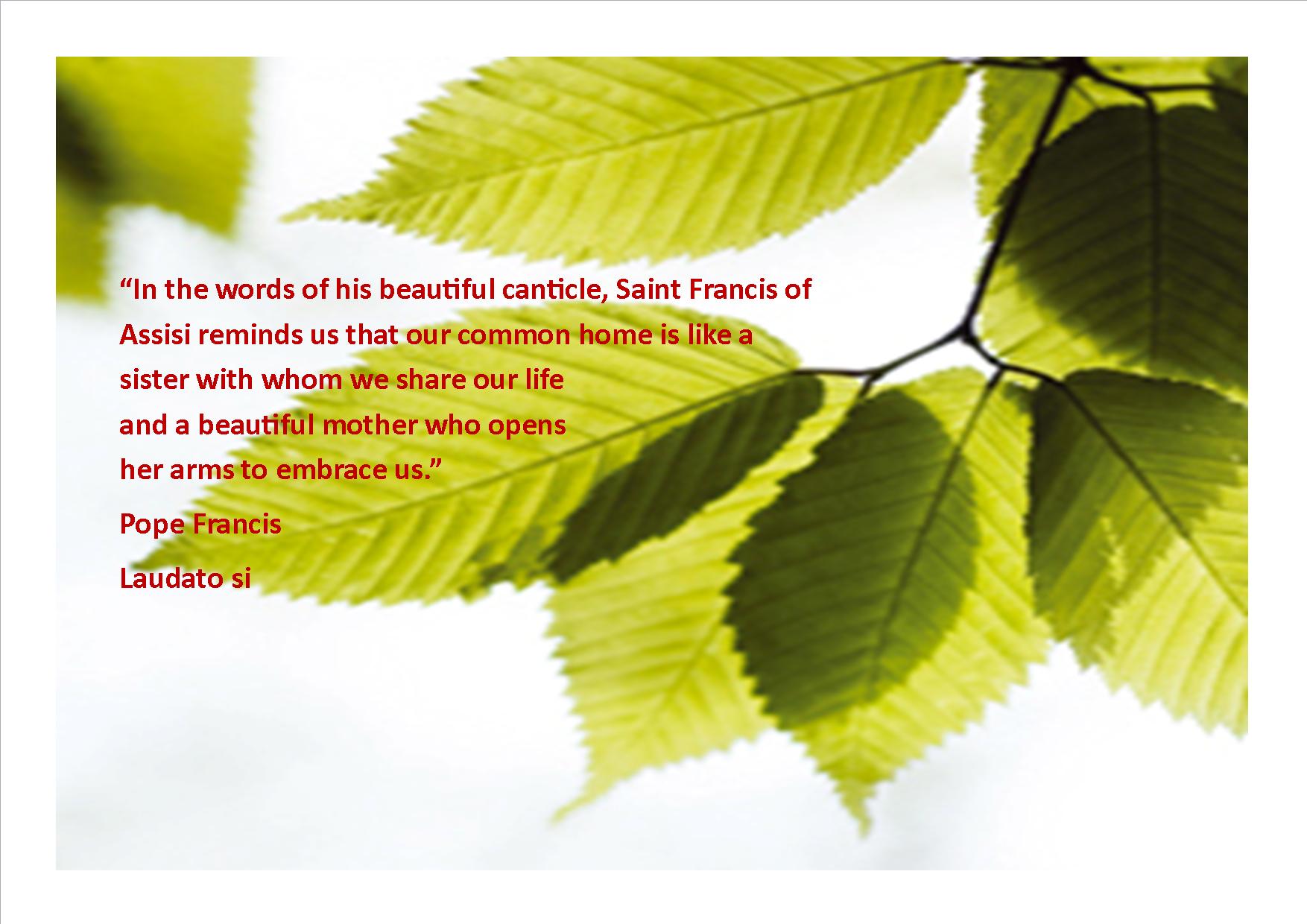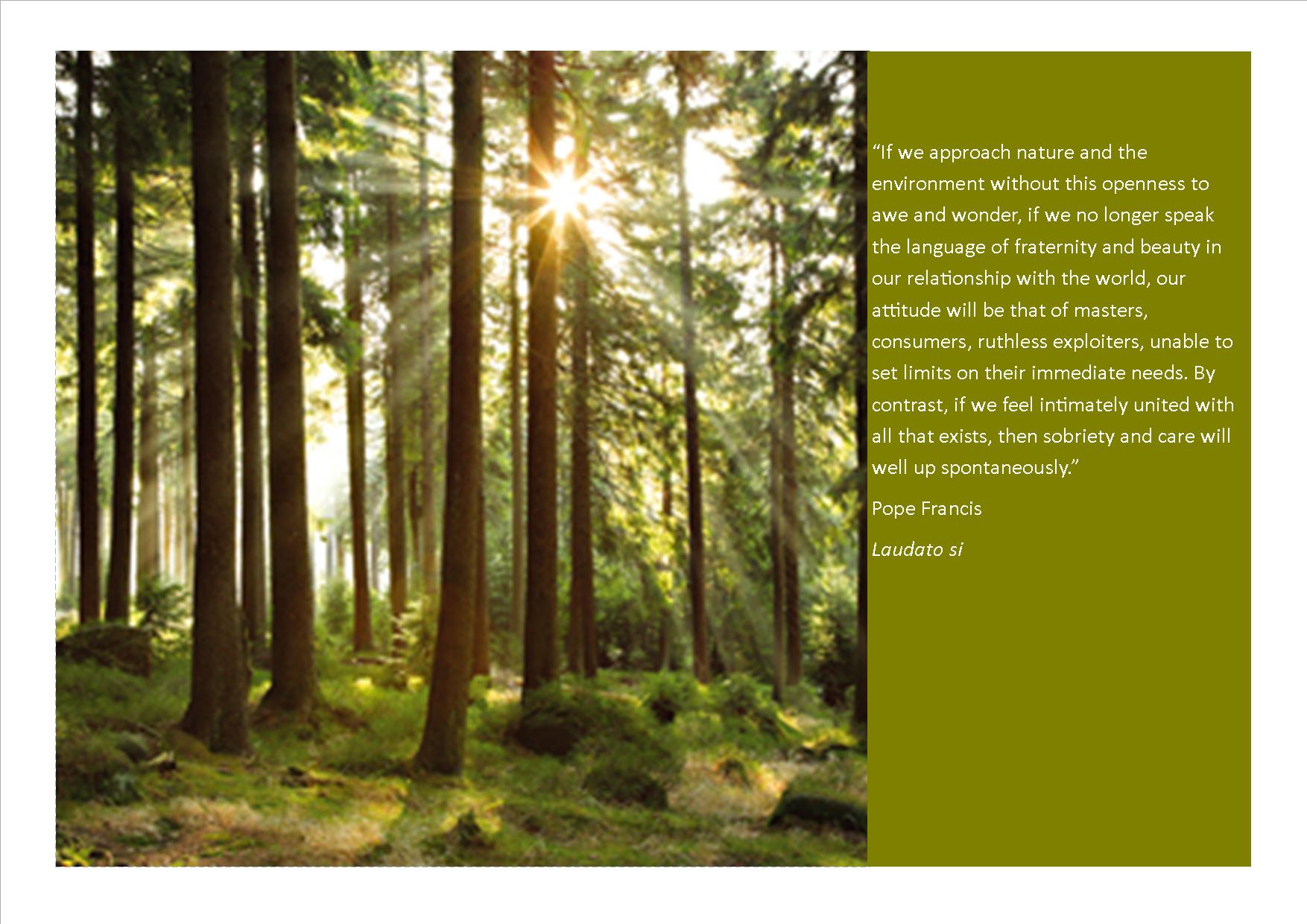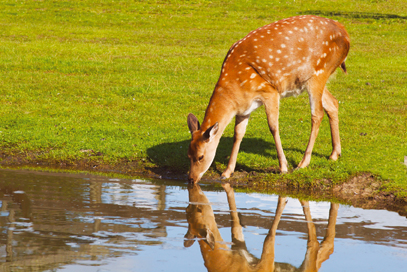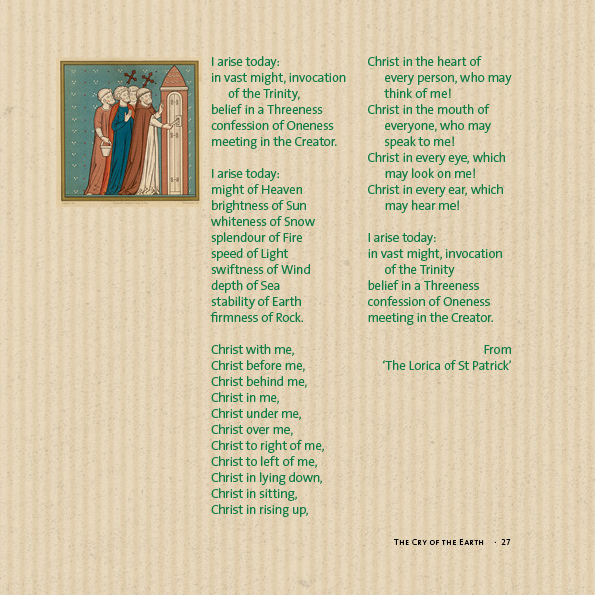The Vatican has published the text of the new Encyclical Letter from Pope Francis which is called Laudato si. For the full text of the Encyclical please click here – Laudato Si – ENGLISH TEXT
The Encyclical takes its name from the invocation of Saint Francis of Assisi, “Praise be to you, my Lord” which in the Canticle of the Creatures reminds us that the earth, our common home “is like a sister with whom we share our life and a beautiful mother who opens her arms to embrace us” (1). We ourselves “are dust of the earth (cf. Gen 2:7); our very bodies are made up of her elements, we breathe her air and we receive life and refreshment from her waters” (2).
“This sister now cries out to us because of the harm we have inflicted on her by our irresponsible use and abuse of the goods with which God has endowed her” (2). Her cry, united with that of the poor, stirs our conscience to “acknowledge our sins against creation” (8). Taking the words of the “beloved” Ecumenical Patriarch Bartholomew, the Pope reminds us: “For human beings… to destroy the biological diversity … by causing changes in its climate …; to contaminate the earth’s waters, its land, its air, and its life – these are sins”(8).
The appropriate response to such penitence is what Saint John Paul II already called a “global ecological conversion” (5). In this, St Francis of Assisi is “the example par excellence of care for the vulnerable and of an integral ecology lived out joyfully and authentically. […] He shows us just how inseparable is the bond between concern for nature, justice for the poor, commitment to society, and interior peace” (10).
The Encyclical Laudato si’ (Praise be to you) is developed around the concept of integral ecology, as a paradigm able to articulate the fundamental relationships of the person: with God, with one’s self, with other human beings, with creation.
During his weekly address on Sunday 14 June 2015, Pope Francis said the encyclical is meant for everyone, not just Catholics:
“This encyclical is aimed at everyone: Let us pray that everyone can receive its message and grow in responsibility toward the common home that God has given us”.
(Numbers in brackets refer to excerpts from the text of the Encyclical.)
Archbishop Eamon Martin has welcomed the publication of the encyclical saying:
“Pope Francis’ encyclical is good news for the Universal Church, and for the whole world. I invite everyone to read the encyclical and to reflect on its key question, ‘What kind of a world do we want to leave to those who come after us, to children who are now growing up?’
“I add my voice to that of Pope Francis in calling for a global ecological conversion, a conversion which begins with each one of us, a conversion which must begin now. Let us pray for “inspiration to take up the commitment to creation set before us by the Gospel of Jesus.”
Read the full text of Archbishop Eamon’s statement here
Trócaire, the overseas development agency of the Catholic Church, has also welcomed the Pope’s encyclical. Executive Director Eamonn Meehan said that the Encyclical should mark a turning point in the global response to environmental justice, and particularly climate change:
“This Encyclical is one of the most significant Church documents in a generation. It is a powerful wake-up call to a world sleep-walking into disaster. Pope Francis has clearly aligned the Catholic Church with calls for urgent political action to reduce carbon emissions and set the world on the path to a sustainable future.
“Trócaire is dealing with the consequences of climate change on a daily basis. Drought, flooding, storms and forced migration are all on the rise. Although we are insulated from the worst impacts in Ireland, we must not forget that hundreds of millions of people around the world are struggling to survive in great part due to the changing climate.
“In less than six months time, world leaders will meet in Paris at the UN Climate Summit. Pope Francis has added the voice of the global Catholic Church to the calls for agreement on a legally-binding framework to decarbonise our societies as a matter of urgency.
“The science on climate change is already clear. Pope Francis has now clearly outlined the moral and spiritual arguments for taking action. This Encyclical tackles the lethargy that is felt by many people when faced with this most pressing of crises. Pope Francis makes clear that everything is inter-connected. We are custodians of this planet and we have a clear moral obligation to ensure that everyone has access to its abundant resources, and that we hand it to future generations in a condition that is compatible with life”.
Read the full text of the Trócaire statement here.
For some frequently asked questions and answers on Laudato Si please click here – Laudato Si – Questions and Answers
10 key quotes from Laudato Si from iCatholic.ie – click here
What is an Encyclical
A Papal encyclical, is a letter, usually treating some aspect of Catholic doctrine, sent by the Pope and addressed either to the Catholic bishops of a particular area or, more normally, to the bishops of the world; however, the form of the address can vary widely, and often designates a wider audience. The term encyclical is used almost exclusively for those sent out by the Pope. The title of the encyclical is usually taken from its first few words (its incipit).
This is the second Encyclical from Pope Francis. Lumen fidei (The Light of Faith) is the name of the first encyclical of Pope Francis, which was published on 5 July 2013.
Related Links and Content
In 2009 the Irish Bishops’ Conference published the pastoral reflection The Cry of the Earth with the aim of stimulating and resourcing dialogue and reflection on the critical questions posed by the challenge of climate change. The reflection was inspired by Pope Emeritus Benedict XVI’s Encyclical Letter Caritas in Veritate, published earlier that year. Caritas in Veritate emphasised that the ‘environment is God’s gift to everyone, and in our use of it we have a responsibility towards the poor, towards future generations and towards humanity as a whole.’
On the role of the Church, Pope Benedict stated: ‘The Church has a responsibility towards creation and she must assert this responsibility in the public sphere’ (nn. 48 and 51). Accordingly, in The Cry of the Earth individuals, parish communities and all people of good will were invited to reflect on ‘that covenant between human beings and the environment, which should mirror the creative love of God, from whom we come and towards whom we are journeying’ (n. 50).
This pastoral reflection proved to be a valuable tool for those who are concerned about the impact of climate change and want to take action to address its negative consequences.
As more and more people in our society are becoming aware of the unjust impact of climate change on some of the most vulnerable communities in our world, The Cry of the Earth was updated in 2014, with supporting resources for dialogue at parish level, with a new title – The Cry of the Earth: A Call to Action for Climate Justice.

